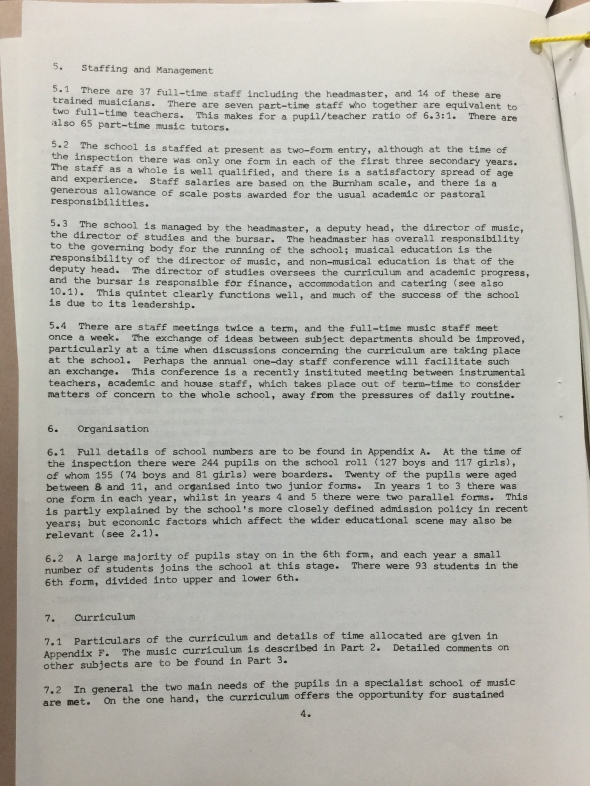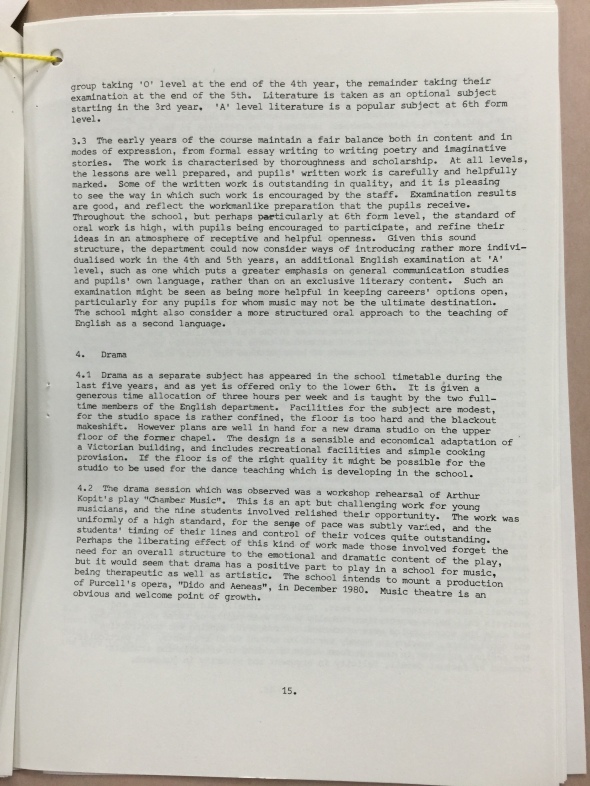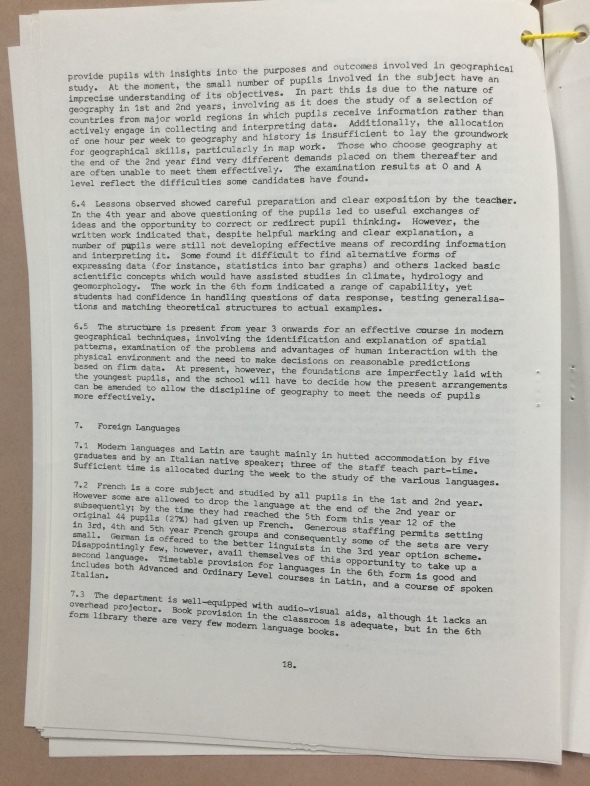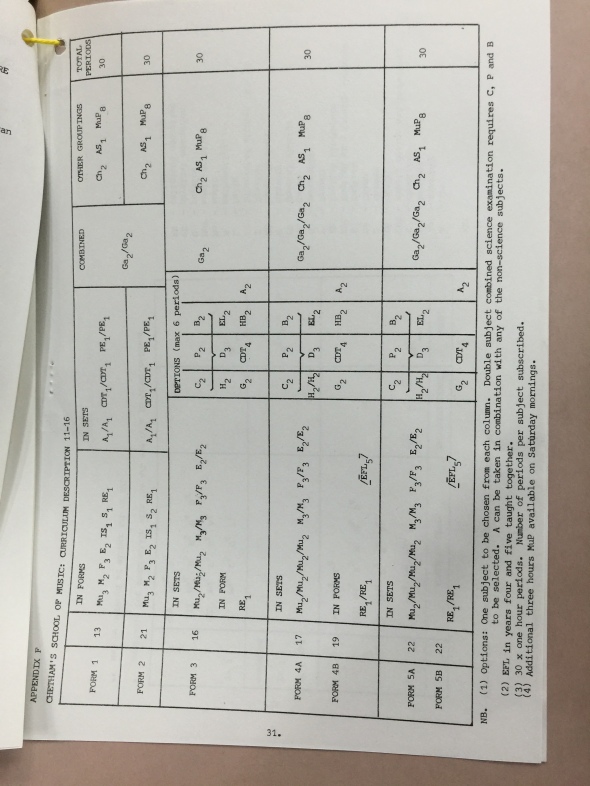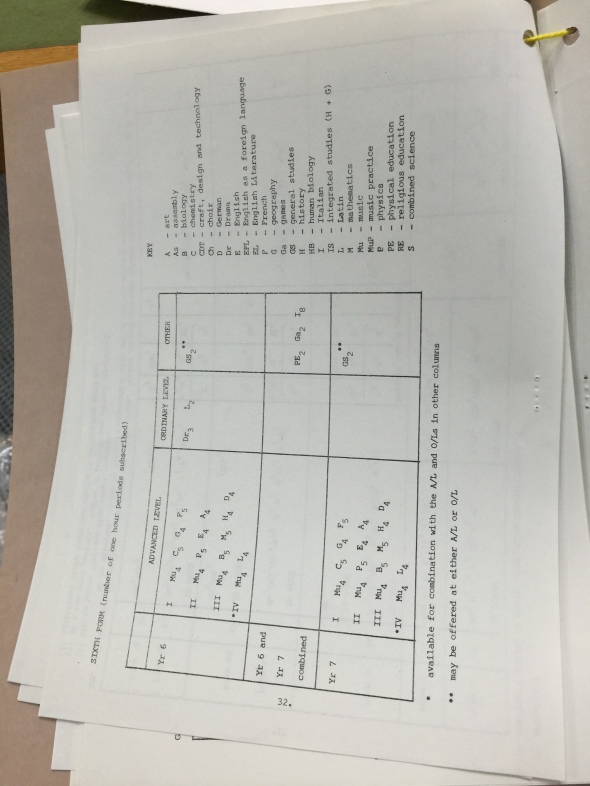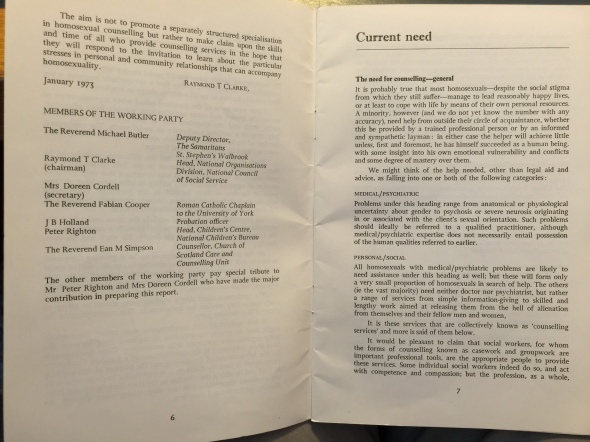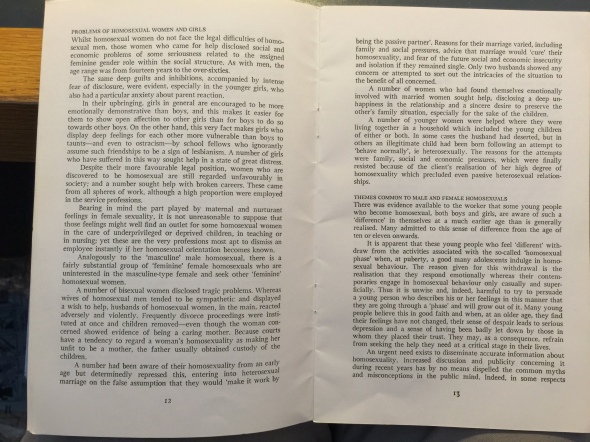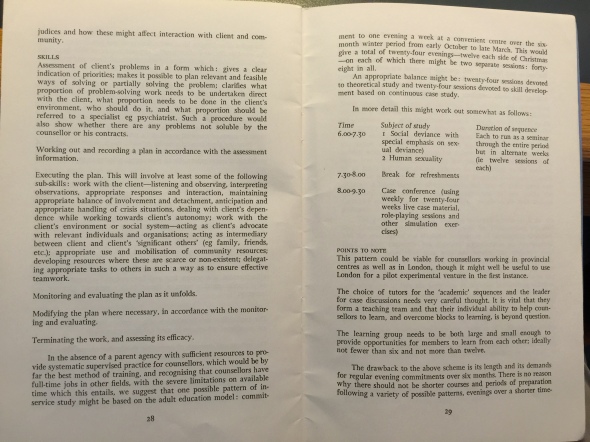Musicological Observations 4: Can Commercial Music be Research?
Posted: September 23, 2015 Filed under: Music - General, Musical Education, Musicology, New Music | Tags: dartington college of arts, david pocknee, ennio morricone, john croft, lauren redhead, lawrence dunn, luk vaes, martin amis, martin parker dixon, michael nyman, performance writing, piers hellawell, practice-as-research, TEMPO, university college falmouth 9 CommentsAcross social media and through blogs and elsewhere, there have been numerous responses to the article ‘Composition is not Research’ by John Croft (Tempo, Vol. 69, Issue 272 (April 2015), pp. 6-11). Amongst the most notable of these are the excellent replies by Luk Vaes (‘When composition is not research’, 5/6/15) and Lawrence Dunn (‘Squaring the damn research-composition circle’, 8/6/15) and the detailed critiques by Martin Parker Dixon (‘Composition can be Research (some comments on John Croft’s recent article)) and David Pocknee (‘Composition Is Not A Jaffa Cake, Research Is Not A Biscuit: A Riposte to John Croft’). I have written an extended article in reply to Croft (entitled ‘Composition and Performance can be, and often have been, Research’), which will appear in the December 2015 issue (Vol. 69, Issue 274) of Tempo, alongside another response from Camden Reeves, and replies from Croft to these. Croft’s article entails some arguments earlier presented in a more extended but also informal manner by Piers Hellawell (‘Treating Composers as Researchers is Bonkers’, Standpoint, May 2014). Back in 2012, Lauren Redhead wrote an interesting if problematic short piece on the subject (‘Is Composition Research’, 17/1/12). Most notable of Redhead’s arguments, and one which has had insufficient impact on subsequent debates on musical practice-as-research (though this argument regularly appears in wider debates relating to other art forms) is her response to claims that the act of composition is not in itself research, by pointing out that neither is the act of writing.[1]
I do not want to reiterate the arguments in my Tempo article here (suffice to say that I think it is important to make a clear distinction between the radical conception of practice-as-research, and the milder notions of practice-based research or research-based practice), but rather to move onto an area not covered there, on the relationship and compatibility of music (or any other artistic practice) subject to a commercial imperative with that music being a form of research. This is what Redhead has to say on this subject:
Is composition a commercial enterprise?
It does seem to be – which also undermines research contributions made by composers. The problem facing composers researching in universities is this: composition costs money. Performers, venues, people who record and document performances all have to be paid. And unlike in science disciplines where large budgets are available to provide necessary materials for research, music departments have no budget for this. However, all of these things and people are necessary since unless compositional research is performed, and preferably by internationally known performers who have little or no interest in research, in international venues in countries which don’t even recognise the contributions made by practice-led researchers, it is not valued highly. This research is valued on its commercial success.
It is interesting to note that while this seems not to be the case for traditional musicological written research, the recent debate around academic publishing has thrown this into question. All research is valued (publically) on its ability to make money for someone else. This commercial condition both devalues practice-led research and exemplifies how the process of valuing research devalues all kinds of research.
The above is a little loose in terms of definitions: performance and recording of compositions cost money, but that is not the same thing as the costs being directly related to the act of composition (just as production of hard-copy books and their dissemination cost money, but these actions are not synonymous with the research which informs the content of the books). And whilst there is almost no compositional or other artistic practice which is entirely autonomous of commercial demands (if it is required to generate and attract some external paying audience), there are clear differences in degree. Artistic work which will be considered to have failed if it has not achieved hundreds of thousands of sales (in whatever form) is obviously in a different league from that for which the primary objective is to find an audience of 50 or so people on a few occasions. To take an example from another discipline, the appointment of Martin Amis as Professor of Creative Writing at the University of Manchester in 2011, I suspect there are strong reasons to believe that reputation, as linked to sales of books, was a much greater priority than the extent to which those books themselves constitute research. Members of the Performance Writing faculty at Dartington College and later University College Falmouth may not be entirely independent of commercial concerns, but these are of a vastly smaller order of magnitude than for Amis – but I would say those Performance Writing scholars’ work has much greater claims on embodying research.
Music departments do sometimes have some budget for hosting concerts or producing recordings, and research funds can sometimes be used towards these ends. Such concerns are equally if not more important for performers, who do seem to be cast rather in the role of composers’ servants in the above rather than independent creative practitioners and sometimes researchers in their own right, and whose work genuinely does not exist with performance and recordings.
Academic institutions, especially those associated with the humanities, to my mind do provide arenas where it is possible to carry out intellectual and creative (and other) work, involving genuinely independent critical and self-critical thinking, in which few things are taken as read, everything is rigorously questioned on a regular basis, with a fair degree of autonomy from commercial or other external function. This type of research is valued for its integrity, rigour, pioneering nature, and so on, though short-term demands (in the UK) that the ‘impact’ of such research be demonstrated can complicate matters.[2] Even in more obviously vocational disciplines (such as medicine or law) the institutions of academia provide (at least in theory) security for independence of thought such as are by no means necessarily present in external environments where other pressures arise which might compromise integrity. Such vocationally-linked academic work has application, but it is possible to reflect critically on the nature and manifestations of that application; academics in these fields do not simply make up a service industry for an external employer.
But the idea of practice-as-research (not simply research-based practice, or practice-based research) becomes difficult where the practice is highly subservient to external imperatives, and this is especially true for highly commercial music. A fundamental measure of practice-as-research is the extent to which it embodies responses to key research questions (and by no means is all practice of this nature, as I argue in my article), but when that practice even more fundamentally has to demonstrate a high degree of market utility, what are the chances of that research being able to be undertaken independently? Only if the research questions are directly linked to market utility, or are unlikely to affect it; both situations difficult to imagine unless those questions are very banal.
Certainly there are manifold possibilities for commercially-oriented research – these could include research into production of the deadliest new weapons, or into new strategies for tax avoidance for large companies – but this is a long way from a spirit of independent and humanistic research, and the research questions are then not usually formulated by the researcher. A commercial composition supposed to embody the question of how to write a music which fulfills certain external criteria in terms of style, duration, mood, and so on, all in order to amplify or enhance something else, is not really engaged with any sort of imaginative or searching research questions. This does not mean that music linked to other media, such as theatre, film, dance or even video games, cannot be research or for that matter genuinely creative practice. The film scores of Ennio Morricone or Michael Nyman amply demonstrate the possibilities in this respect, but both composers were able to compose with a degree of autonomy of their own. It was as much a case of Leone or Greenaway (or numerous others) filming scores as Morricone or Nyman scoring films.
A broad conception of research which I believe underlies a lot of the best work in the humanities – critical (and self-critical), humanist, open-ended, and without overly pre-empting its conclusions – cannot in my opinion easily be reconciled with fulfilling a narrow brief such as is provided by commercial imperatives, except perhaps on rare occasions where commercial and other motivations are found to coincide. To believe the latter is the rule rather than the exception is to demonstrate unwavering faith in late capitalism.
The humanities, and specifically the possibilities inherent therein in a research environment not dictated by narrow external interests, appeal to me as a space allowing some autonomy from commercial and functional imperatives. But this is deeply under threat as alternatives to neo-liberal ideology become ever more marginalised within academia. And the term ‘research’ assumes a fraction of its best meanings when commercially appropriated. For this reason, I believe we should be wary of considering commercially-focused musical production as research other than in very exceptional circumstances.
[1] Writing is just one medium amongst many, but which happens to be dominant in other non-artistic fields, and as such occupies a privileged status. But research can equally be made manifest in experimental contemporary dance, sound art, curation, pedagogical projects, software, or many other possibilities. What is then required, though, is for those who judge this research and award funding and promotion accordingly to have the level of expertise, sensitivity, and discernment to be able to gauge the extent to which that work does indeed manifest the research, not just read an associated statement which may be little more than spin.
[2] I am not hostile to the concept of ‘impact’ per se, nor the principle by which it becomes a criterion for allocation of research funding. My problems are with the ways in which it has been implemented in the UK, its short-term nature in a time when academics move between institutions but their ‘impact’ is not allowed to, and the simplistic division between academic and non-academic work which it requires at present.
The 1980 Department of Education and Science Report into Chetham’s School of Music, National Archives ED 172/598/2
Posted: September 20, 2015 Filed under: Musical Education, Specialist Music Schools 3 CommentsBelow can be found the full text of the Her Majesty’s Inspectors’ report on Chetham’s School of Music prepared by the Department of Education in Science in 1980, copied from the National Archives file ED 172/598/2. There is no major ‘smoking gun’ here, nothing to suggest that the inspectors noticed much of the abuse which was going on at the time (though very little about issues of safeguarding too – much less of a priority then than now), but many who were at the school at the time will no doubt find this interesting to read.
Do Any Of The New IPCC Allegations Relate To Sir Peter Morrison ?
Posted: September 18, 2015 Filed under: Uncategorized Leave a commentDisclaimer: This is just pure speculation.
Of all the new IPCC allegations that have been listed HERE the one that is the most intriguing for me is number 4.
4) Allegation that an MP was only charged with specimen charges for child sex offences and not more numerous or serious offences.
The key word is ‘charged’. An MP was charged with child sexual offences. If an MP has been charged then there is no reason why the media couldn’t have reported it but I don’t know of a sitting MP that was reported to have been charged with a child sexual abuse offence. Perhaps I’m missing something obvious, in which case please inform me but I can’t think of one.
Even if the IPCC find that the allegation can not be proven, it is still remarkable that an MP can be arrested AND charged and there not be a…
View original post 338 more words
Peter Righton – Counselling Homosexuals (1973)
Posted: September 2, 2015 Filed under: Abuse, PIE | Tags: peter righton 1 CommentThe following is the publication Counselling Homosexuals: A study of personal needs and public attitudes (London: Bedford Square Press, 1973) by Peter Righton. It includes his public thoughts on the relationship between homosexuality, pederasty and paedophilia.





